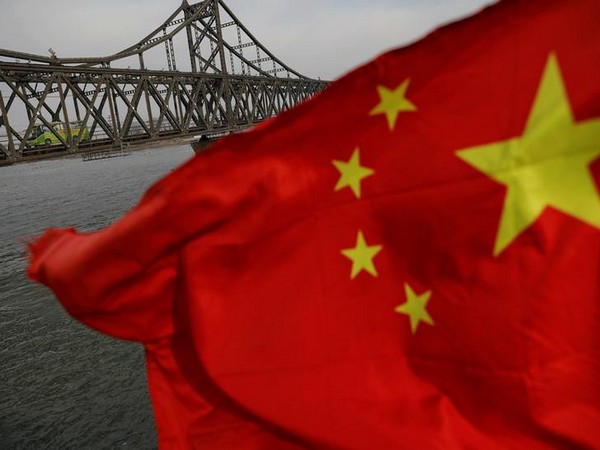Chinese belligerence forcing Southeast Asian countries to explore security alliances
China's belligerent attitude in the Indo-Pacific including an uptick in Chinese naval activity and its ongoing militarization of the South China Sea has compelled several Southeast Asian countries to explore multilateral security arrangements, a report said.

- Country:
- China
Chinese belligerence forcing Southeast Asian countries to explore security alliances China's belligerent attitude in the Indo-Pacific including an uptick in Chinese naval activity and its ongoing militarization of the South China Sea has compelled several Southeast Asian countries to explore multilateral security arrangements, a report said.
Malaysian Defence Minister Hishammuddin Hussein met with his Indonesian and Philippine counterparts, Prabowo Subianto and Delfin Lorenzana, in March to extend their trilateral cooperation agreement (TCA) to bolster national security, the report by the Australian Strategic Policy Institute (ASPI) said. The TCA is one of a number of multilateral security frameworks to emerge in the Indo-Pacific in recent times, the report said, citing initiatives like the Colombo Security Conclave between India, Sri Lanka, Maldives and Mauritius; the Trilateral Dialogue on the Indian Ocean involving Australia, India and Indonesia; India-France-Australia dialogue and the Malacca Straits Patrol established by Indonesia, Malaysia, Singapore and Thailand.
These developments are in complete contrast with the Cold War years in Asia, the report said. As a leading regional power, India was wholly averse to any superpower intervention until recently, the report said. Other important South Asian nations such as Sri Lanka, Bangladesh, Nepal and Maldives took similar positions. Sri Lanka spearheaded the successful initiative to secure UN General Assembly support in declaring the Indian Ocean, with the air above it and the ocean floor, a zone of peace for all time, the report added.
A report by the Asia Maritime Transparency Initiative mapped out the paths of Chinese survey ships across the South China Sea in 2020-21, revealing considerable activity in waters straddling the coasts and economic zones of Malaysia, Indonesia and the Philippines. Strategic uncertainty and military anxiety over China are common features of maritime trilateral mechanisms across the Indo-Pacific, the ASPI report further said, adding further that the TCA could significantly help safeguard global supply chains through the South China Sea and the Malacca Strait.
Earlier, a wish to preserve regional stability used to result in inaction. Now, in a more fragmented world, the same goal drives nations towards greater collaboration to preserve common interests, the report concluded. (ANI)
(This story has not been edited by Devdiscourse staff and is auto-generated from a syndicated feed.)
ALSO READ
India gold prices soar to record high, dampening demand, dealers say
Katchatheevu issue: Jaishankar says PMs of the day displayed indifference about the Indian territory, they simply did not care.
Priyanka Chopra back in LA after India trip, posts about her favorite sound
"Ultimate goal to play for India": DC's Khaleel Ahmed following win over CSK
Have taken it up strongly with Russia, trying to get them back safely: Jaishankar on Indians caught in conflict there following job promises.










